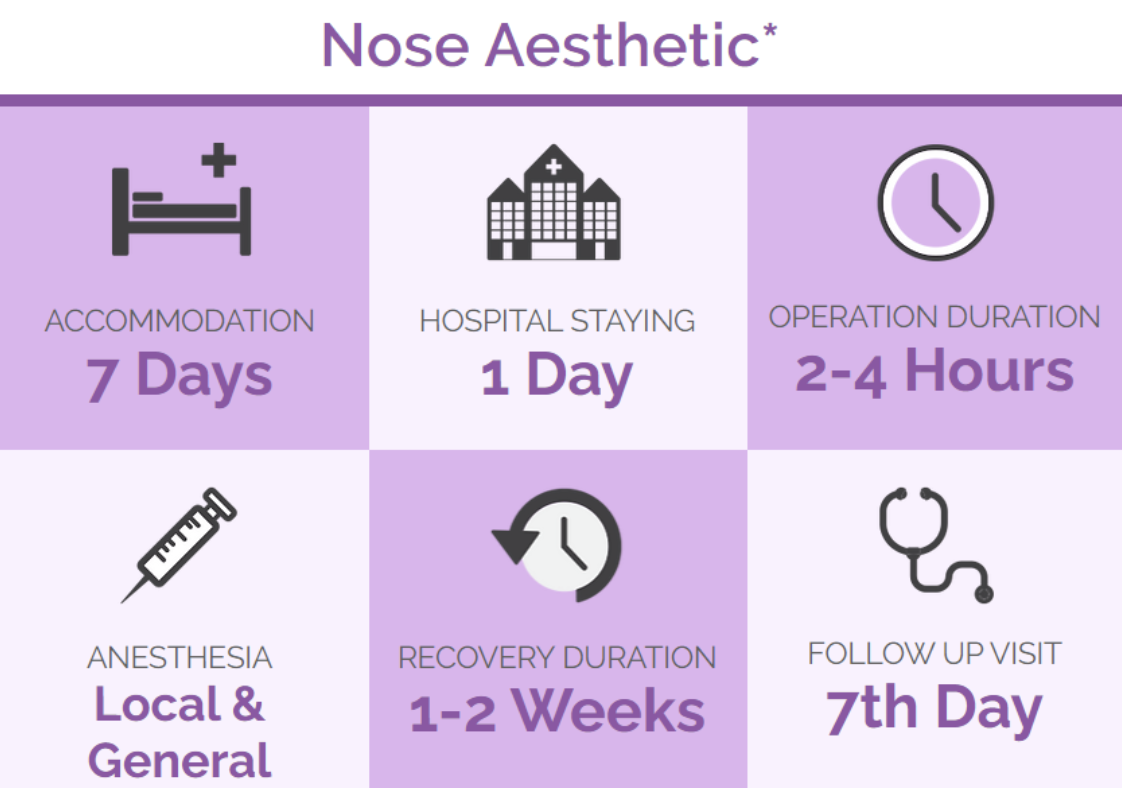Liposuction (lipoplast or body contouring) is a surgical procedure that uses a suction technique to remove fat from specific areas of the body, such as the abdomen, hips, thighs, buttocks, arms and neck or contours these areas. Liposuction is not a method to loose weight, it is used to remove fat from areas of the body that have not responded to diet or exercise.
The amount of fat removed depends on the appearance of the area and the volume of fat. The resulting contour changes are generally permanent — as long as your weight remains stable. After liposuction, the skin molds itself to the new contours of the treated areas. If you have good skin tone and elasticity, the skin is likely to appear smooth. If your skin is thin with poor elasticity, however, the skin in the treated areas may appear loose. Liposuction doesn't improve cellulite dimpling or other skin surface irregularities. Likewise, liposuction doesn't remove stretch marks.
Your liposuction procedure depends on the specific technique that’s used. Our surgeons will select the appropriate technique based on your treatment goals, the area of your body to be treated and whether you had other liposuction in the past or not.

Expect some pain, swelling and bruising after the procedure. Your surgeon may prescribe medication to help control the pain and antibiotics to reduce the risk of infection.
After the procedure, the surgeon may leave your incisions open and place temporary drains to promote fluid drainage. You usually need to wear tight compression garments, which help reduce swelling for a few weeks. You may need to wait a few days before returning to work and a few weeks before resuming your normal activities, including exercise.
Liposuction results are generally long lasting as long as you maintain your weight. If you gain weight after liposuction, your fat distribution may change.